
You spend nine months praying for a healthy baby, eating all of the right things, exercising as needed, going to all of your doctor's appointments and generally doing everything you need to do to ensure a healthy pregnancy and childbirth. Now that your little one is in your arms, however, something is off. You don't feel quite as happy as you always imagined you would–and you don't quite know who to turn to. You're afraid that you have postpartum depression. So, how do you find out if you actually have it? What are the symptoms and how do you seek help?
More from MamásLatinas: 12 Things all moms should do before giving birth
When it comes to postpartum depression, the first thing that you need to know is that you are absolutely, positively NOT alone. That's definitely the hardest pill to swallow because, likely, you are currently isolating yourself and not seeing friends. Be honest: Are you even communicating with your partner about what is happening in your head and with your emotions?
It's important not to get too down on yourself, though. The truth is that many women experience a wide variety of postpartum depression symptoms and they often do not know who to turn to. It's difficult to turn to your friends who are happily raising their babies or who don't have kids yet. And you may be afraid to talk to your partner about things too, because admitting defeat (and coming to terms that you may be depressed often feels like defeat) is difficult. However, this is an important subject to talk about and, even more importantly, to seek help about if you need it. According to Glamour, nine out of ten women may suffer from symptoms of postpartum depression. If that's not enough to convince you that you're not alone, read on for our 10 things you need to know about postpartum depression.
1. You are not alone if you suffer from postpartum depression.
"I'm speaking up now because I want people to know it can happen to anybody," Chrissy Teigen recently told Glamour. "And I don't want people who have it to feel embarrassed or to feel alone."
2. One in nine women are impacted by postpartum depression.
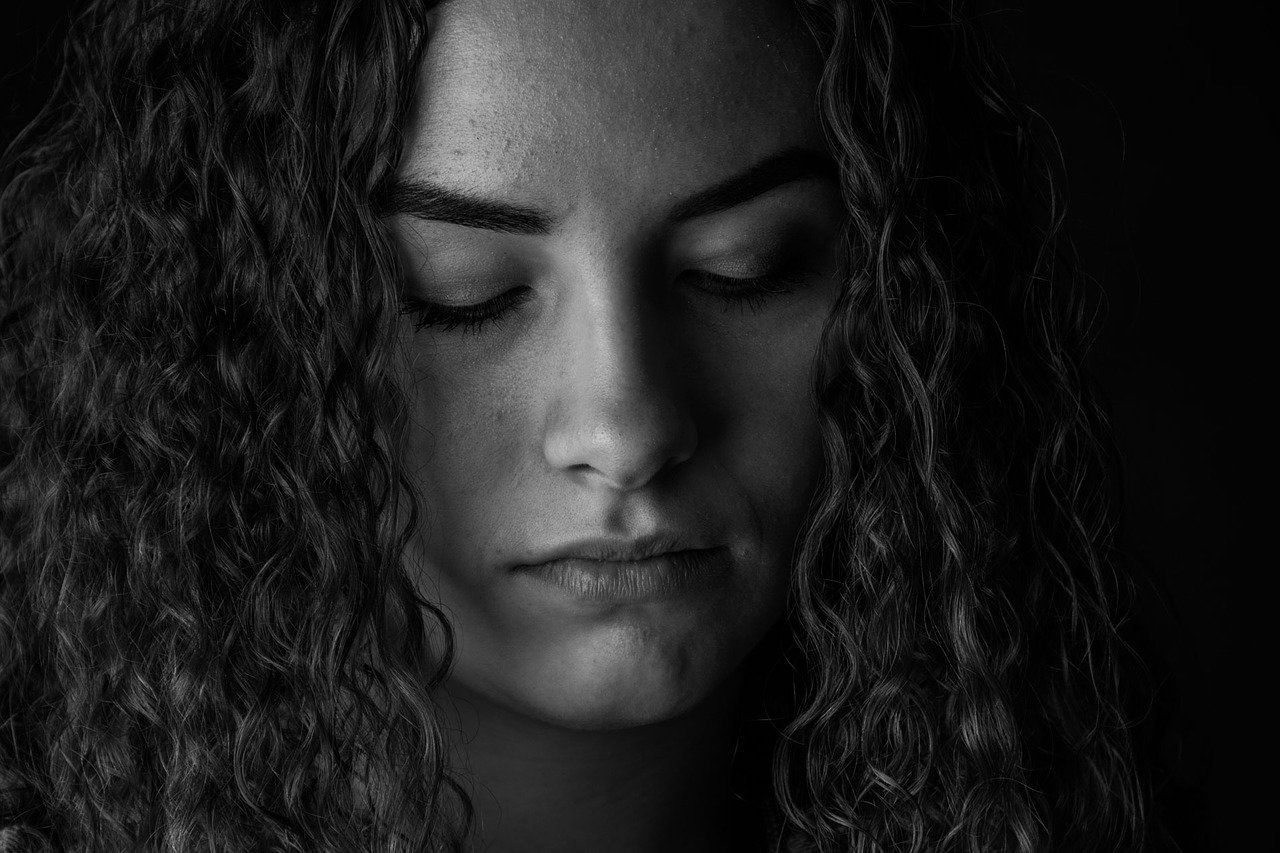
According to data from the Centers for Disease Control and Prevention (CDC), one in none women are impacted by the condition of postpartum depression. So now you REALLY know you're not alone, right?
3. There is a difference between normal postpartum mood changes and actual postpartum depression.
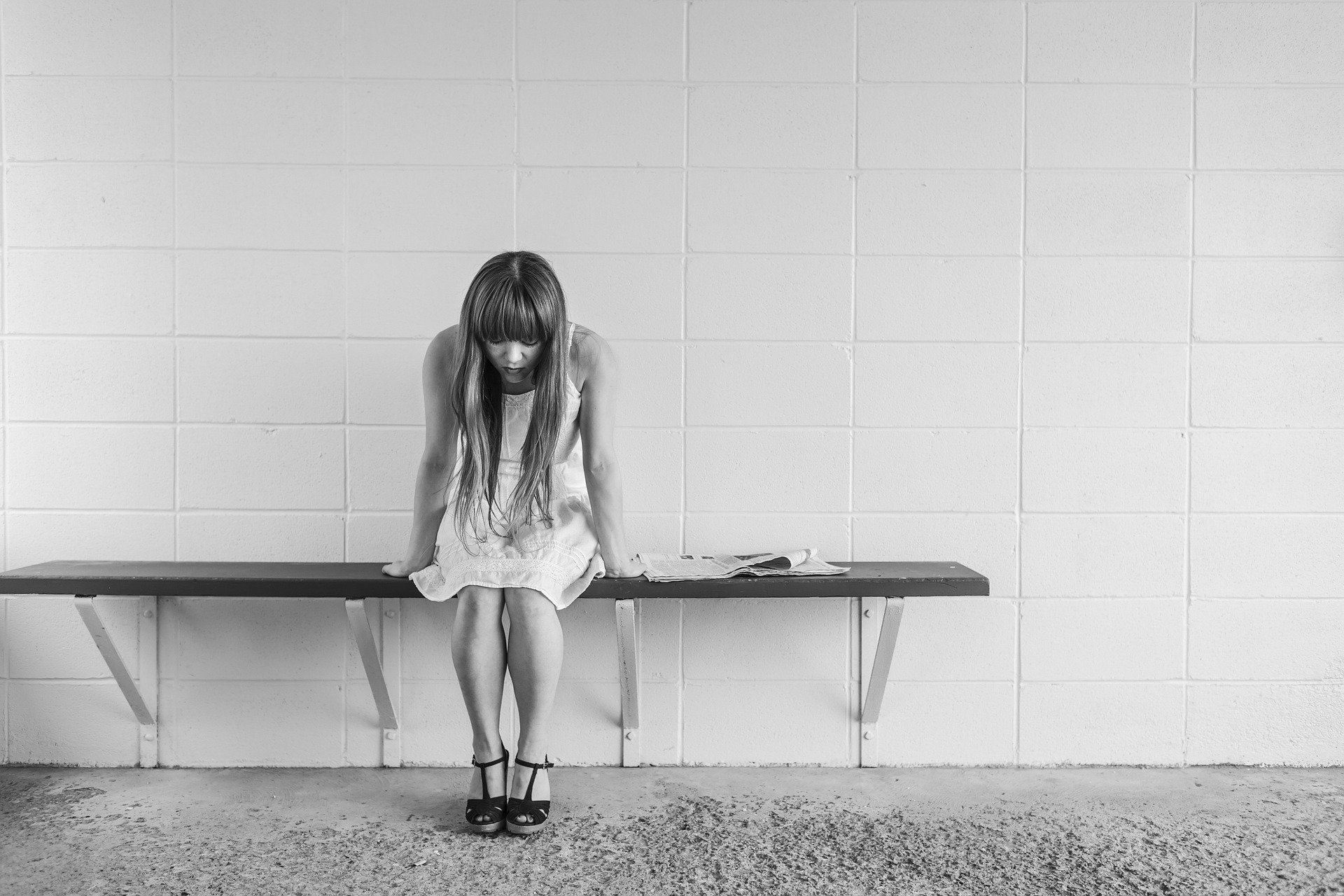
Although women tend to be more emotional after childbirth due to fluctuating hormone levels, those who are dealing with postpartum depression would likely experience overwhelming sadness, feelings of hopelessness, worthlessness, and low self-esteem, according to Karen Kleinman, L.C.S.W., director of the Postpartum Stress Center and author of The Art of Holding in Therapy: An Essential Intervention for Postpartum Depression and Anxiety.
4. There is a variety of symptoms that women with postpartum depression may experience.
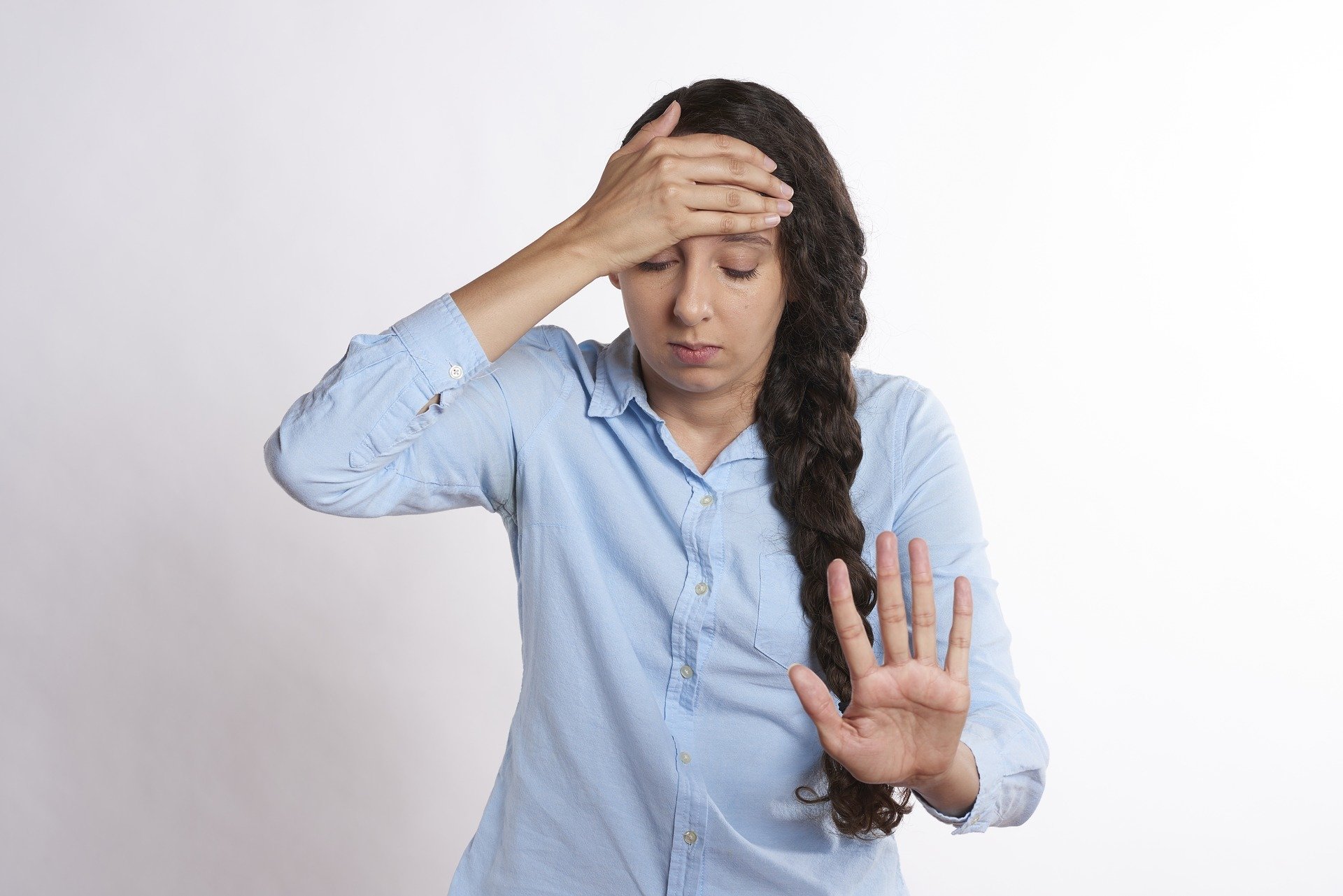
"She may experience scary, unwanted intrusive thoughts about harm coming to her baby," Kleiman told Glamour. "She is likely to have difficulty sleeping, and she may be suicidal." Women may also experience intense irritability, anger, rage, acute anxiety and panic attacks, ambivalence about the baby or feeling overly attached, crying a lot, a loss in appetite and even less of an ability to concentrate.
5. There IS a big red flag for women who experience postpartum depression.

According to Tamar Gur, M.D., Ph.D., a women's health expert and reproductive psychiatrist at The Ohio State University Wexner Medical Center, the BIG red flag for women suffering with postpartum depression is those who isolate themselves because they can't enjoy anything and nothing makes them happy.
"They don't want to leave the house, don't want anyone to come see them—even people they generally get along well with," she told Glamour.
6. If you suffer from postpartum depression, then it's likely that your "baby blues" are not just temporary.
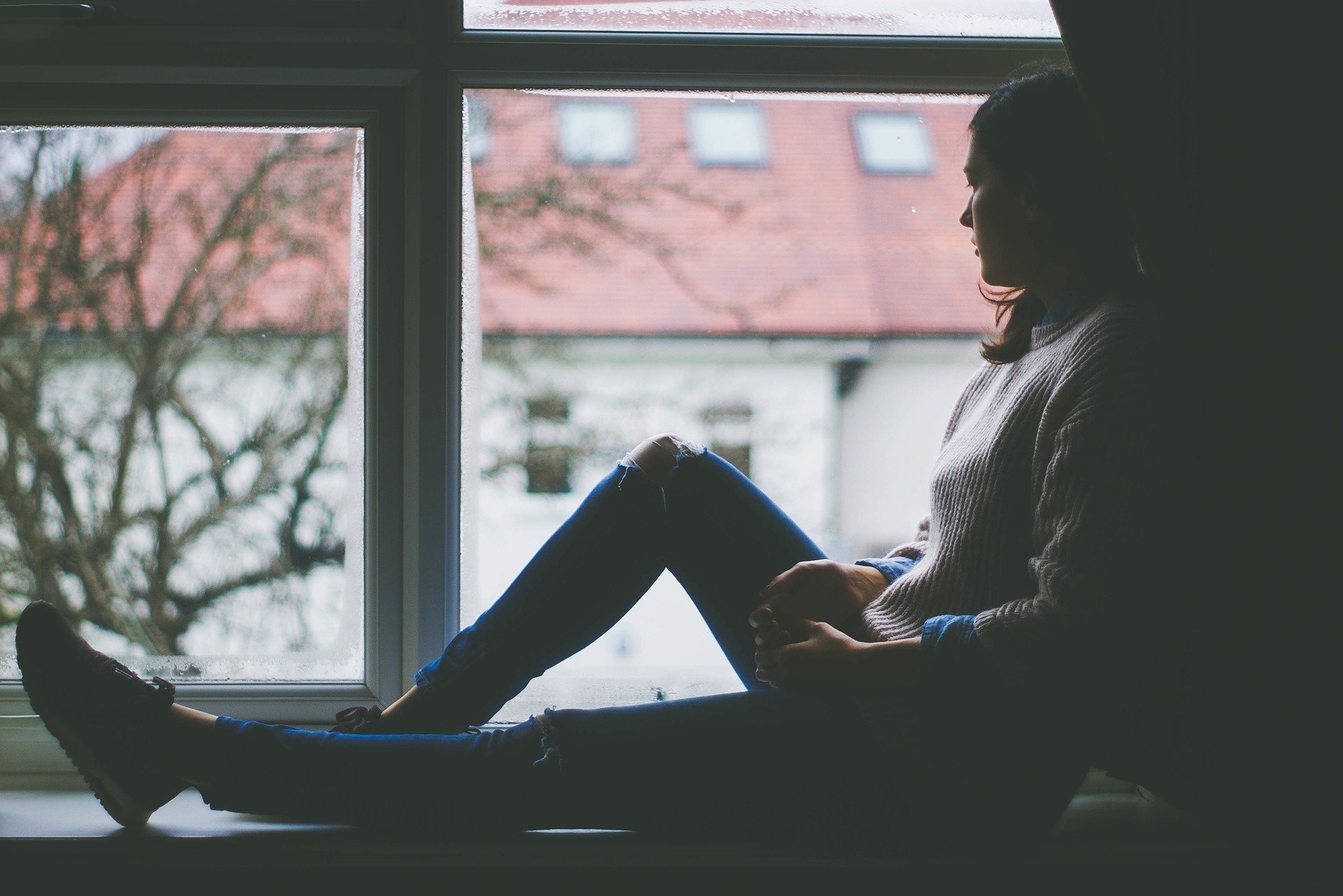
For women who simply have the "baby blues" and are just feeling emotional after giving birth, symptoms may come and go. However, according to Kleinman, women who have postpartum depression symptoms that last for more than two weeks (and have difficulty functioning because of them) are those that may need to seek help. These symptoms can start during pregnancy or within four week's of a baby's delivery.
7. Symptoms can get worse with time, but you CAN and should seek help.
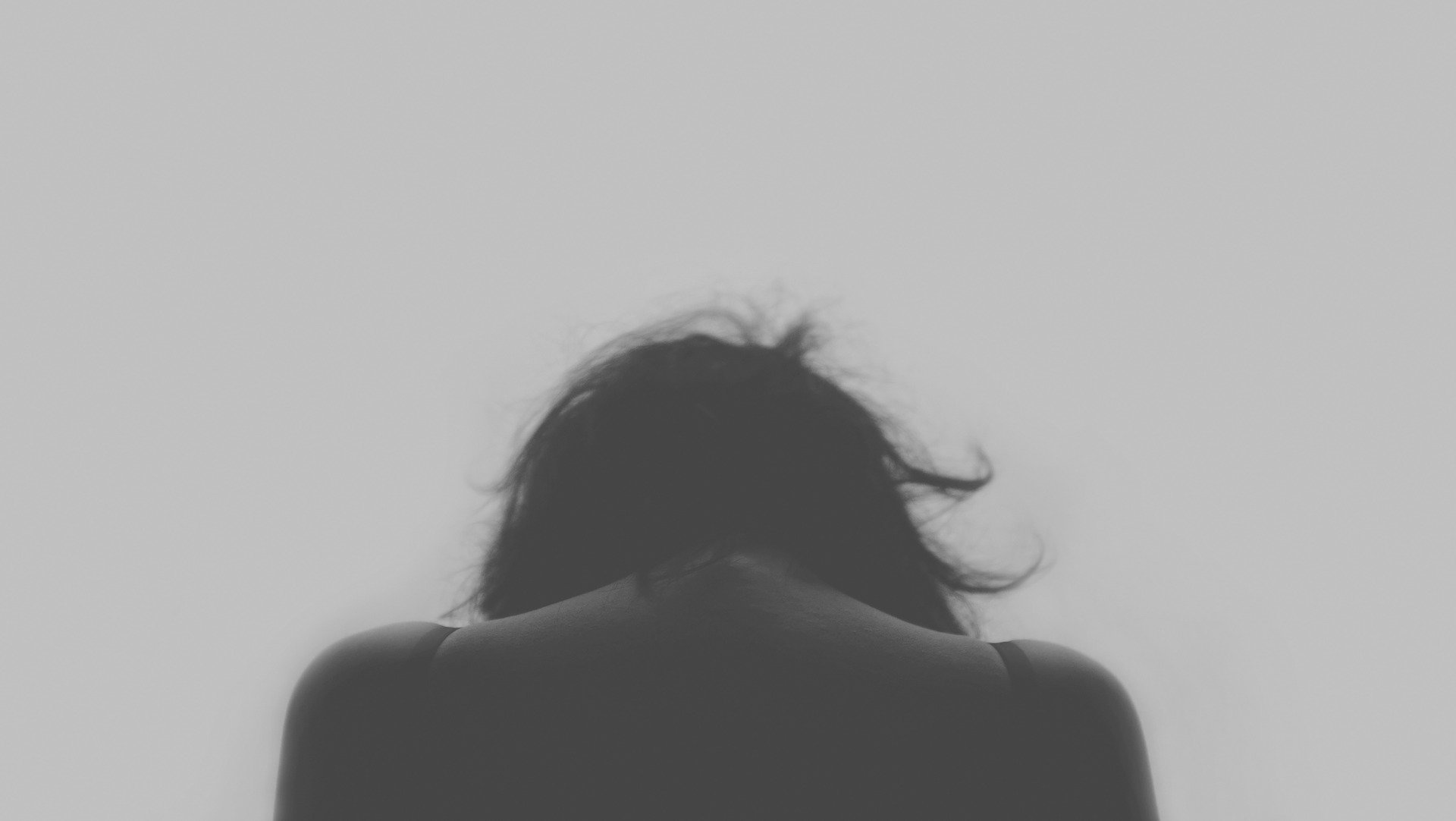
If there is a chance that you have postpartum depression, it's important to seek help immediately because the symptoms can get worse over time. According to Gur, you should be able to talk to your ob-gyn or your child's pediatrician. One of them will be able to do a quick screening for postpartum depression and then refer you to a therapist. Meanwhile, Kleinman also emphasizes that it is important to tell your partner that you are struggling so that they can help you through this and aid you in seeking help, support, information and treatment.
8. It's important for new moms with postpartum depression to know they didn't do it to themselves.

"The new mom did not bring this on herself," Catherine Birndorf, M.D., founder of The Motherhood Center in New York City and an associate professor of psychiatry at the Weill Cornell Medical College, told Glamour. "It's a medical illness, just like diabetes or high blood pressure, and it has to be treated appropriately."
By seeking treatment, you could start to feel better within a few weeks instead of suffering for potentially years with postpartum depression.
9. There's a way to tell if your friend is suffering from postpartum depression and a way to help her, too.

"Let her know that you are worried about her," Kleinman told Glamour, "that you understand that many women don't feel good after they have a baby and you want to help her find support so she can get some relief."
You can also do a lot by letting your friend know that you are there for her.
"Show up even if your friend doesn't feel like socializing and do the laundry, cook, or take the older child out, if there is one," Gur told Glamour. "You don't know what a relief it is to a woman when someone checks in on them and knows them well enough to know that they need help."
10. Recognize that there is a wide range of severity with postpartum depression.
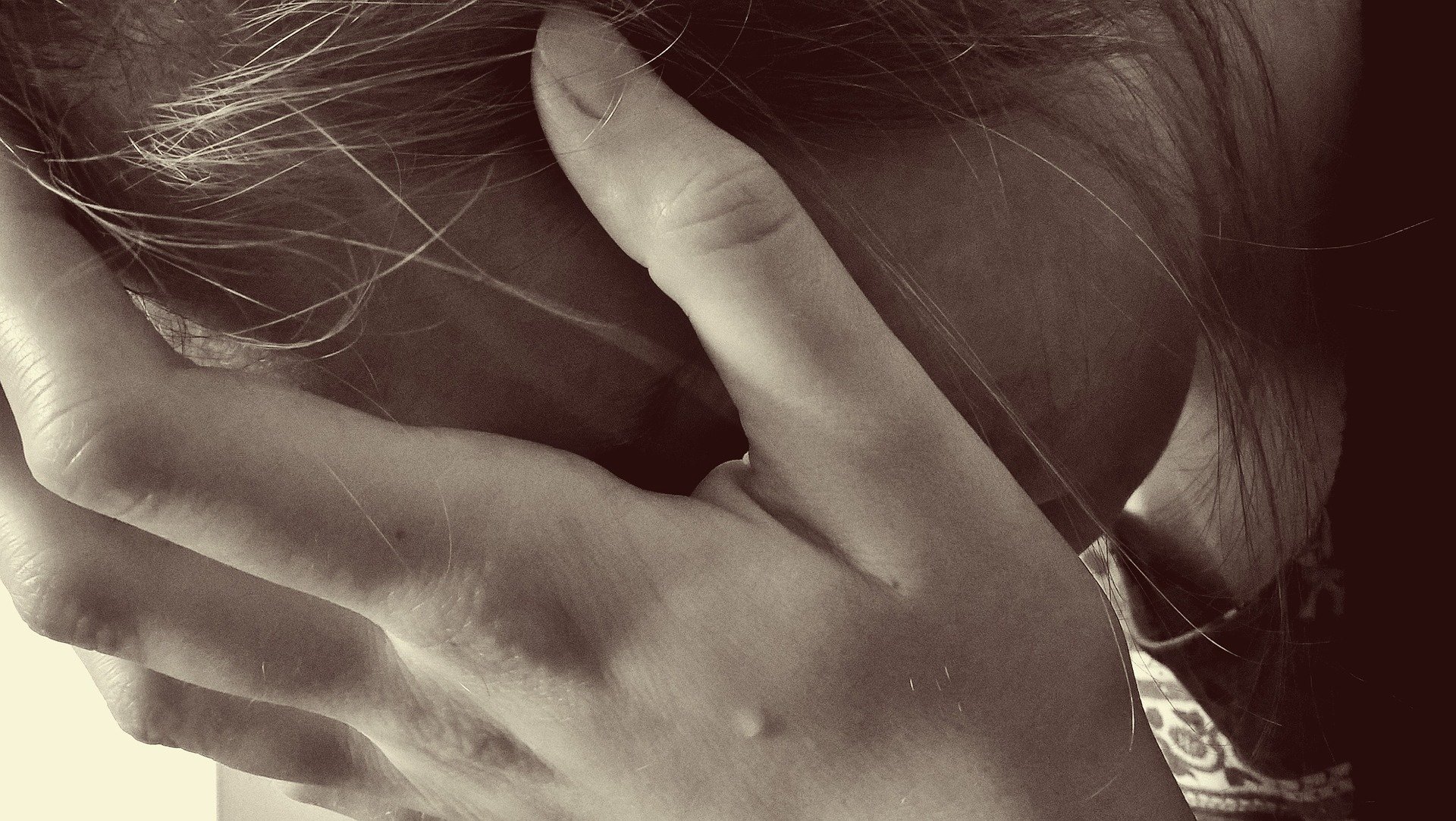
Some moms may have more mild cases and will ultimately feel better by taking care of themselves with exercise, getting outside more often, eating well, and getting more help from others. Meanwhile, women with more severe cases of postpartum depression find that talk therapy and even taking antidepressants is what helps them feel like themselves again. Plus, according to Gur, antidepressants can be safely used while breastfeeding your baby.




